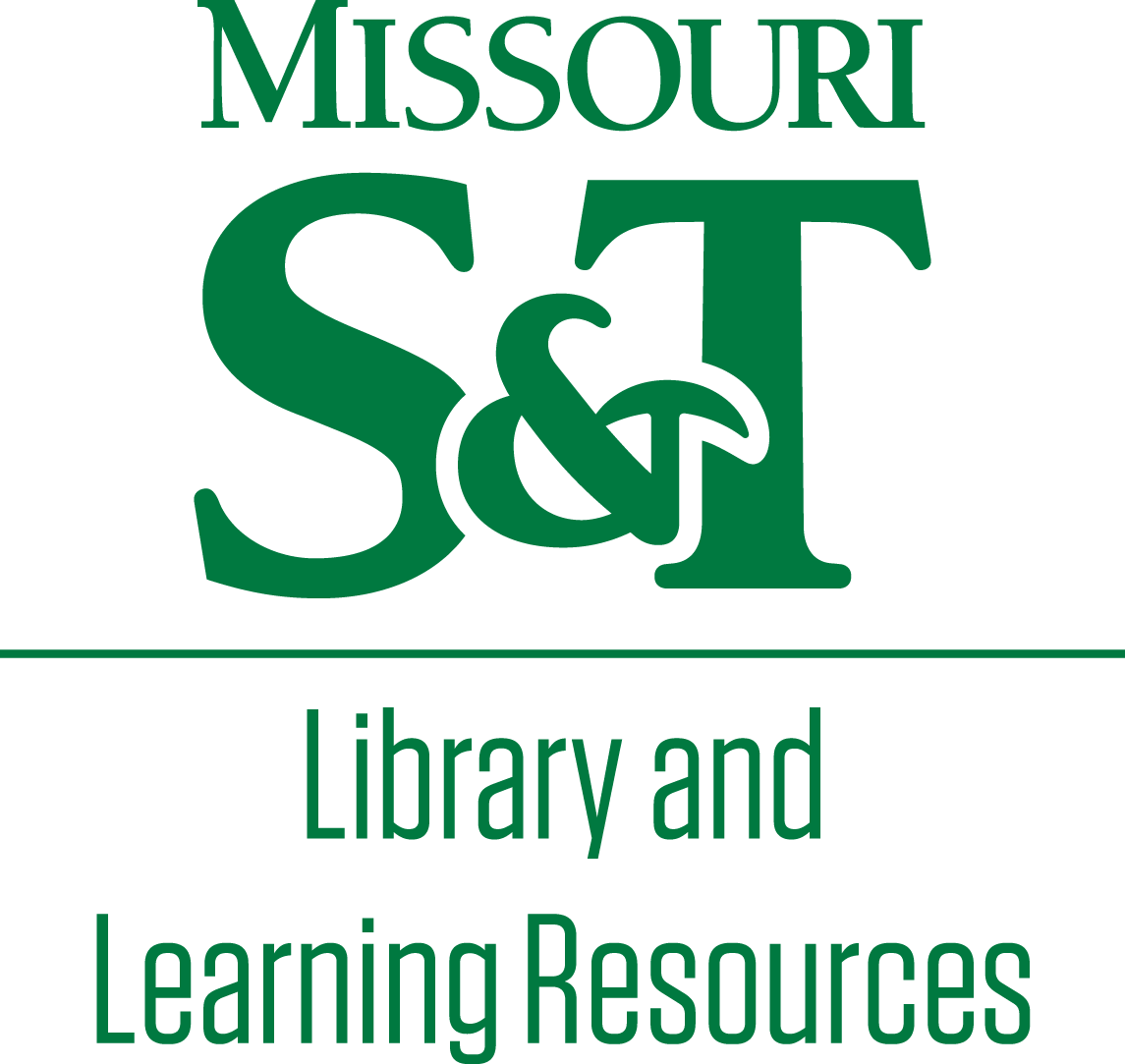Loading...
Description
This project aims to develop two statistical methods for determining the probability of detection in corrosion monitoring using long period fiber gratings (LPFG) sensors with thin Fe-C coating, validate these methods from independent laboratory tests, and determine the steel mass loss at 90% probability of detection and the largest steel mass loss that may miss from a corrosion inspection at 95% upper confidence bounds. LPFG sensors could reflect the corrosion process by the wavelength shift in the transmission spectrum due to the change of the refractive index of the Fe-C coating. POD is a method used to determine the capability of an inspection as a function of defect type and defect size. The two statistical methods are referred to as the Mass Loss-at-Detection (MLaD) method and the Random- Effects Generalization (REG) method.
Presentation Date
10 Aug 2021, 1:00-1:10 pm
Meeting Name
INSPIRE-UTC 2021 Annual Meeting
Department(s)
Civil, Architectural and Environmental Engineering
Document Type
Poster
Document Version
Final Version
File Type
text
Language(s)
English
Included in
Probability of Detection in Corrosion Monitoring with Fe-C Coated LPFG Sensors
This project aims to develop two statistical methods for determining the probability of detection in corrosion monitoring using long period fiber gratings (LPFG) sensors with thin Fe-C coating, validate these methods from independent laboratory tests, and determine the steel mass loss at 90% probability of detection and the largest steel mass loss that may miss from a corrosion inspection at 95% upper confidence bounds. LPFG sensors could reflect the corrosion process by the wavelength shift in the transmission spectrum due to the change of the refractive index of the Fe-C coating. POD is a method used to determine the capability of an inspection as a function of defect type and defect size. The two statistical methods are referred to as the Mass Loss-at-Detection (MLaD) method and the Random- Effects Generalization (REG) method.



Comments
This work was funded by the INSPIRE University Transportation Center (UTC).